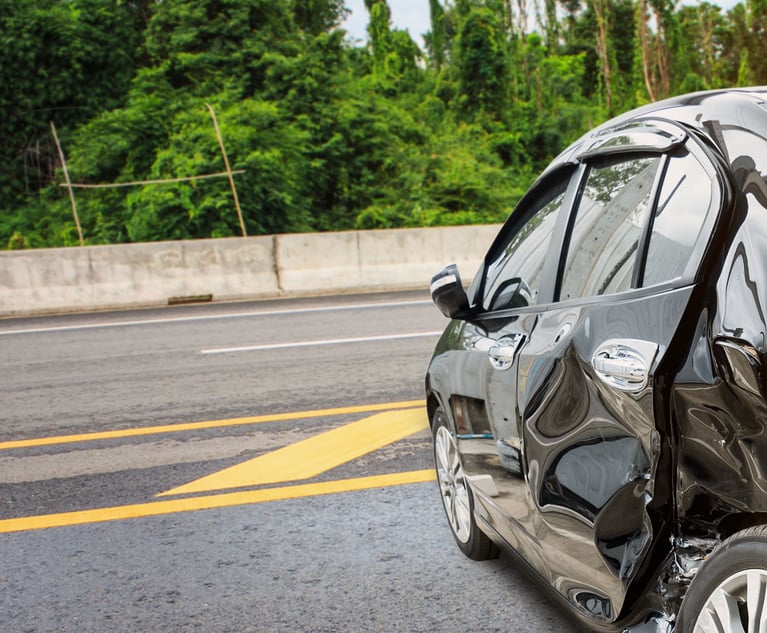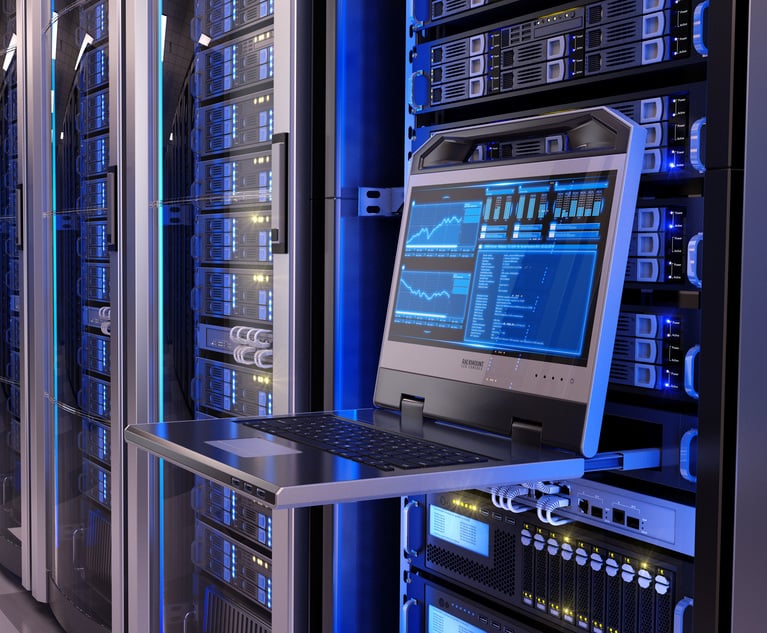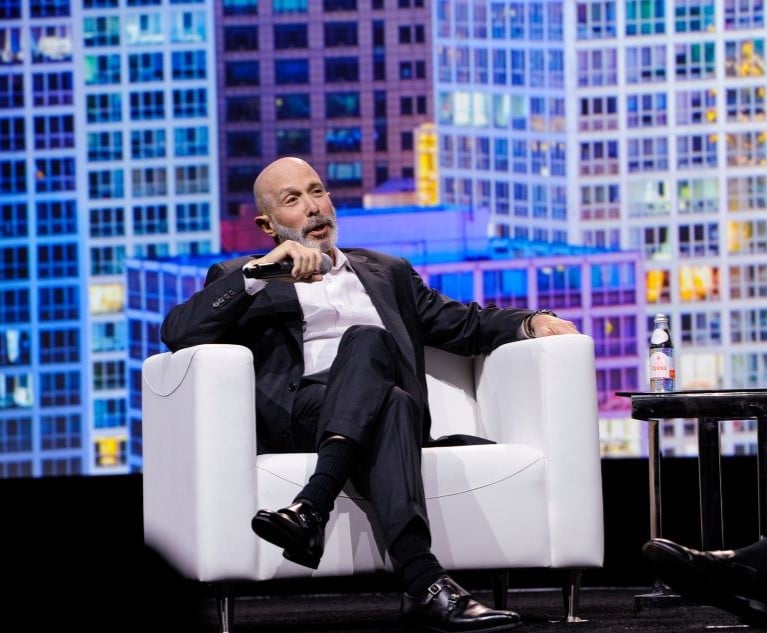The risk of a product recall has increased exponentially inrecent years. Global regulatory standards have increased in numberand new product safety rules are implemented constantly.
|These developments are positive for consumers, but for companiesthey produce more stringent product quality obligations. Thischallenge is greater today than ever before, as supply chains aregeographically widespread and manufacturing protocols and standardsare not synchronized on a global basis.
|Human error being what it is, mistakes inevitably will occur.While most large organizations purchase product recall insurance,many other businesses do not. Based on current developments, andthe benefit that this product provides to insureds, we believe thata decision not to purchase product recall coverage can havedevastating repercussions.
|Product recall insurance is a unique policy that reimbursesinsureds for financial losses they sustain when it is likely thatits product may be recalled. The coverage “trigger” under a productrecall policy for a food and beverage company, for instance, wouldbe the knowledge that an accidentally or maliciously contaminatedproduct could cause bodily injury were it consumed by the public.Even if the product results in a finding of no liability, theinsured is reimbursed for certain financial costs related to theincident.
|How important is product recall insurance? Simply put, manycompanies can be forced into bankruptcy because they did not haveproduct recall cover. While many large organizations have theresources to address the impact of a product recall, mostorganizations simply cannot absorb the related financial loss andfrequently fail from the consequences.
|For corporate risk managers, there are five critical factorswhich should be analyzed when considering the risk of a productrecall event. Read on to see if you should consider selectingcomprehensive product recall insurance coverage.
||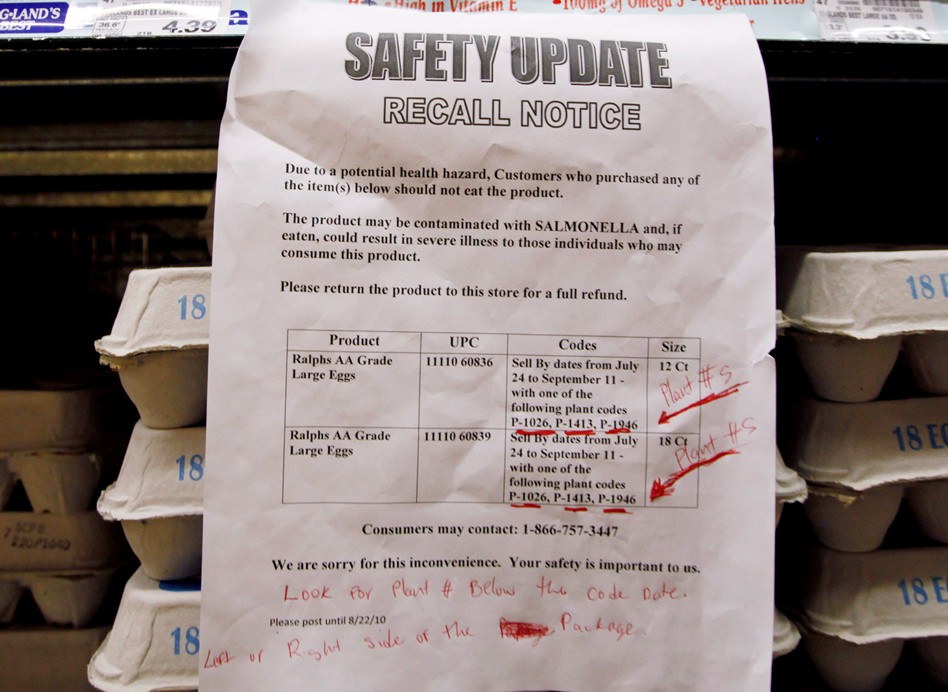
Product recall events happen almost everyday.
|Rarely does a day pass without news of a company's goods beingrecalled for safety or illness reasons. The Food and DrugAdministration (FDA) alone recalled 9,469 products in 4,075separate product recall events in 2012, the highest total inhistory.
|Product safety problems can be caused by manufacturing overseasin countries that do not have the same standards and enforcement asthe European Union (EU) and U.S., which explains in part whyproduct recall events are growing. Other factors include theglobalization of supply chains and stricter product safety rulesand regulations.
|Governmental oversight is stronger thanever.
|Few dispute the need for strong regulations mandating thehighest standards of product safety and security, as the health andwell-being of the consuming public depends on these standards. TheConsumer Product Safety Improvement Act of 2008 and the Food SafetyModernization Act of 2011 are two examples of how the U.S.government has implemented stringent product safety protocols.While new rules put in practice in both the U.S. and the EU move tokeep consumers safe, they also raise the bar for productstandards.
||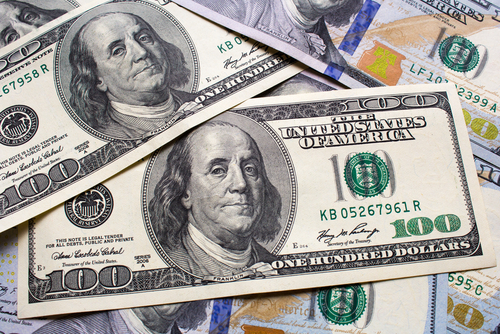
The costs for a recall are prohibitive.
|The recall of a product sets in motion a series of events whichmay involve significant expense. The expenses begin to mount withthe cost of pulling the item out of the stream of commerce. In manycases, products must be removed, destroyed, disposed of, and thenreplaced. In addition, media relations specialists are oftenretained in order to communicate the details of the recall to thepublic as well as lawyers and/or government affairs professionalswho interact with the relevant government agency.
|It is not uncommon for many companies today to endure productrecall costs in excess of millions of dollars. In extreme cases,entire industries can suffer from a single company's productrecall. This is the case with the 2010 recall of more than 500million shell eggs distributed by an egg producer. About 2,500illnesses were associated with the contaminated eggs, and theadverse media attention produced a drop in egg prices that cost theegg industry more than $100 million in lost income opportunity inSeptember 2010 alone.
||
The common, very mistaken belief that “it won't happento our company.”
|Despite considerable evidence demonstrating the likelihood andcostliness of a recall, many companies underestimate the likelihoodand the degree of the financial consequences. This belief canresult in insufficient preparation for the potential crisis and anineffective response to it.
|As we have seen from the volume of recalls which are routinelyannounced in the public media, no organization is immune to therisk of a product recall—even those with the best safety records,manufacturing and operational controls. A significant reason ishuman error. Yet, many companies simply deny the possibility thathuman error will affect the quality of the goods theymanufacture.
|In my experience, I have seen that there is a tendency,particularly among companies who put products into the globalstream of commerce, to downplay the risk. No one is arguing thatcompanies lack the expertise and skill to make and market greatproducts: What is lacking is the knowledge of how to recall aproduct to limit the financial brand repercussions and theimportant role played by insurance.
||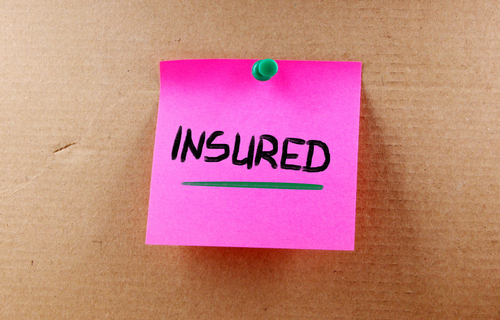
Product Recall cover can be customized to fit theclient's needs.
|Generally, organizations can select from three different typesof policies, based on the types of products manufactured. Thesepolicies include consumable products, such as food, beverages orpharmaceuticals where coverage could be triggered by an accidentalcontamination; consumer goods, such as finished household productswhere coverage could be triggered by knowledge the product isdefective; and component parts, non-consumable merchandise wherecoverage could be triggered by bodily injury, property damage orimminent danger of injury or damage. Product recall insuranceindemnifies the insured for certain financial losses produced bythe insured event. These include the actual physical recallexpenses, as well as loss of profit, product replacement costs,extra expenses, and rehabilitation expenses.
|The risk of a product recall occurring is substantial, and suchan event can significantly affect both a business' balance sheetand its reputation. The premium cost for product recall insuranceis a worthwhile expense as a cost of doing business that mayprotect a company from financial ruin.
|One of the worst things that a company can do is stick its headin the sand and think, “This will never happen to us.” Chances are,it may.
Want to continue reading?
Become a Free PropertyCasualty360 Digital Reader
Your access to unlimited PropertyCasualty360 content isn’t changing.
Once you are an ALM digital member, you’ll receive:
- All PropertyCasualty360.com news coverage, best practices, and in-depth analysis.
- Educational webcasts, resources from industry leaders, and informative newsletters.
- Other award-winning websites including BenefitsPRO.com and ThinkAdvisor.com.
Already have an account? Sign In
© 2024 ALM Global, LLC, All Rights Reserved. Request academic re-use from www.copyright.com. All other uses, submit a request to [email protected]. For more information visit Asset & Logo Licensing.


